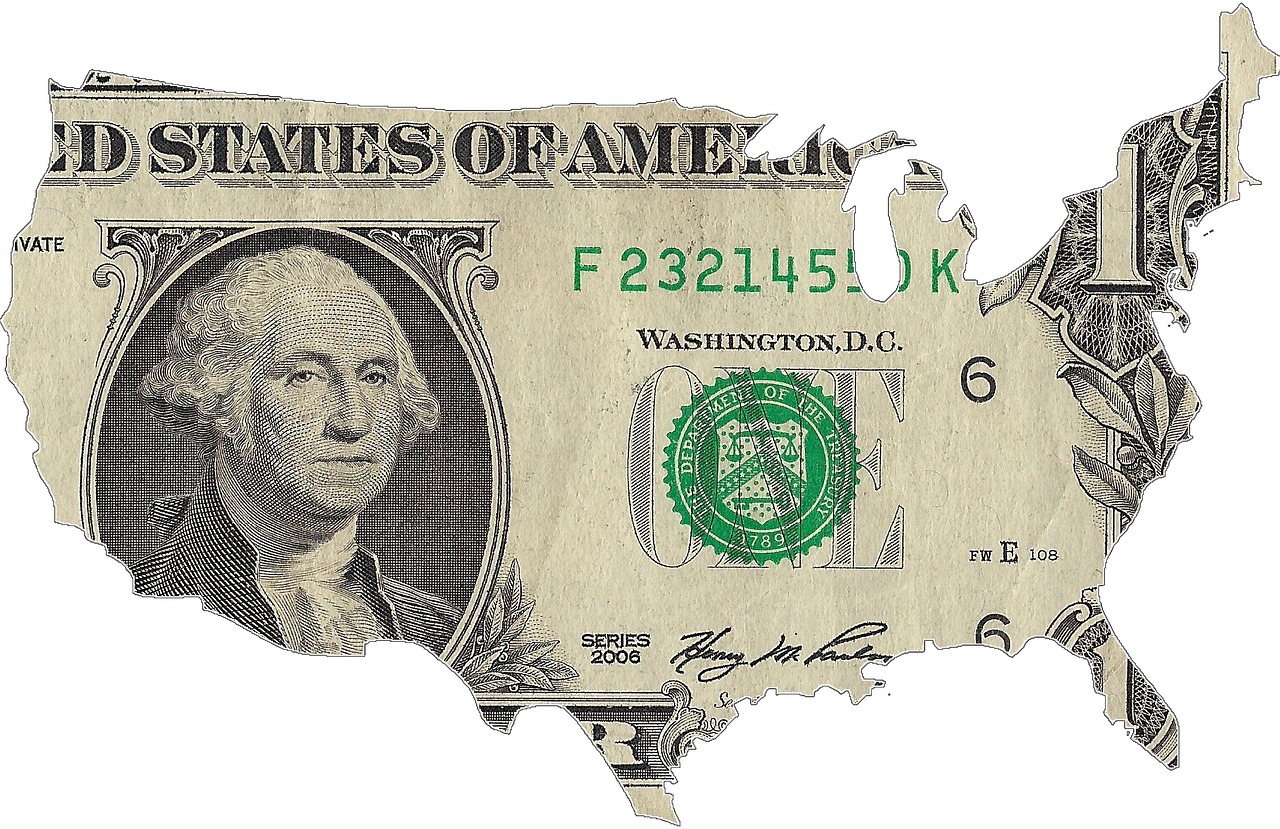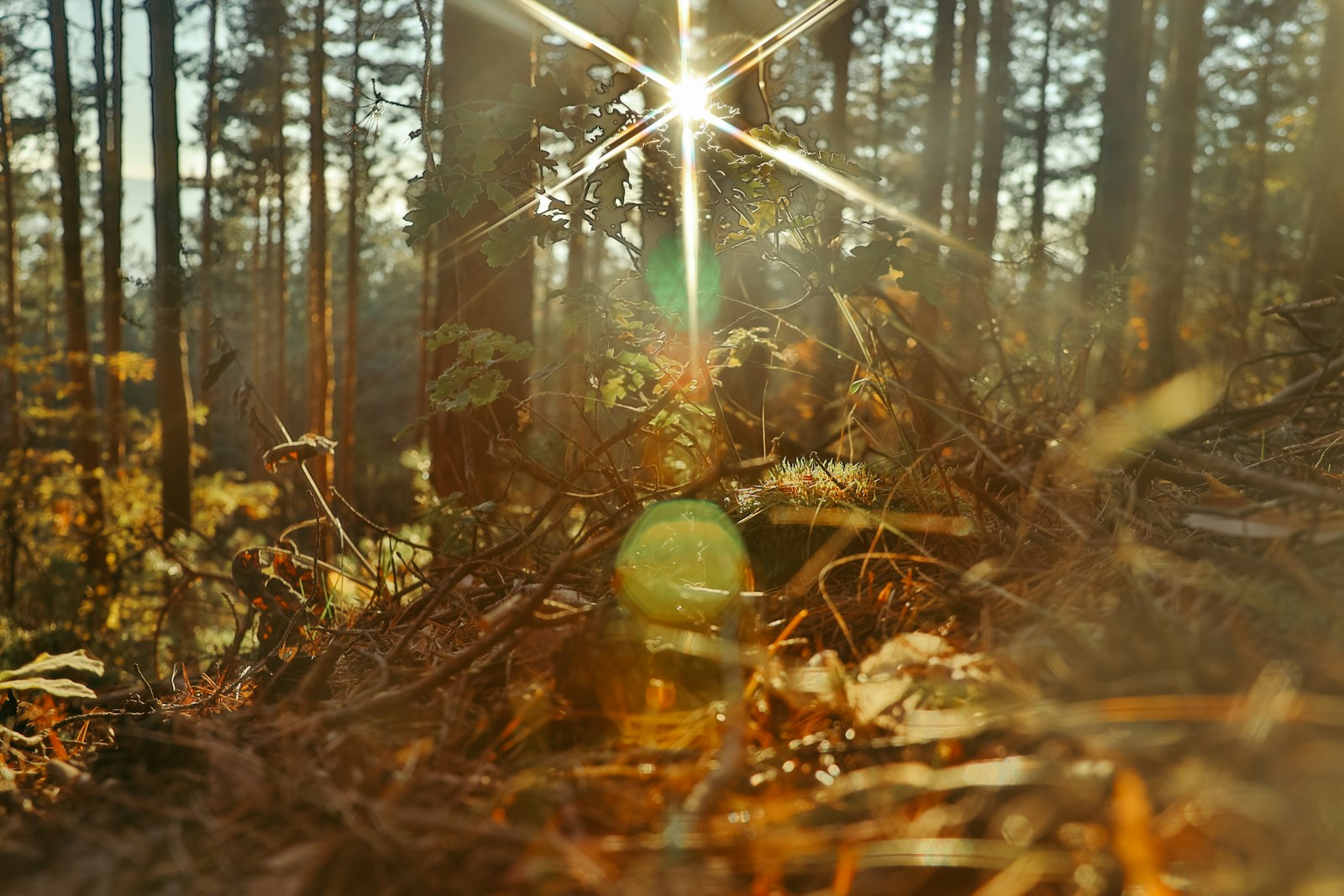As we celebrate the birthday of George Washington, it is worth reflecting on the many contributions he made to American society. In addition to his role as a Founding Father and first President of the United States, Washington was also a pioneer of environmental conservation and sustainability.
In this article, we explore how Washington’s legacy can inspire us to take action on pressing environmental issues such as climate change, deforestation, and pollution. We will examine the principles that guided Washington’s approach to land management and conservation, and how those principles can be applied to contemporary challenges.
Table of Contents
ToggleWashington’s Land Stewardship: A Model for Environmental Conservation
Washington was an avid farmer and landowner, and he took great care to manage his lands sustainably. He understood the importance of maintaining healthy soil, conserving water, and preserving the natural landscape. Washington was also an early advocate of crop rotation and other sustainable farming practices that are still used today.
The Role of Government in Environmental Protection
Washington believed that the government had a responsibility to protect the environment and to ensure that natural resources were managed sustainably. He supported policies such as the establishment of national parks and the protection of wildlife habitats. Washington also believed in the importance of public education and awareness-raising to promote environmental stewardship.
Washington’s Climate Resilience Strategy
Washington understood the importance of building resilience to natural disasters and climate change. He recognized that extreme weather events such as floods, droughts, and hurricanes could devastate communities and destroy agricultural productivity. Washington advocated for the construction of infrastructure such as levees and dams to protect against flooding, and he encouraged the use of drought-resistant crops to maintain food security.
The Importance of Forest Conservation
Washington was a staunch advocate of forest conservation and recognized the vital role that forests play in maintaining a healthy ecosystem. He understood that forests provided critical habitats for wildlife, helped regulate the climate, and protected against erosion and soil degradation. Washington was a vocal proponent of sustainable timber harvesting and reforestation efforts.
The Challenge of Industrial Pollution
Washington was keenly aware of the negative impacts of industrial pollution on human health and the environment. He understood the need to regulate industry to prevent pollution and to promote sustainable practices. Washington advocated for the establishment of environmental regulations and the use of cleaner technologies to reduce harmful emissions.
FAQs:
- Did Washington actively advocate for environmental conservation during his presidency? H2
Yes, Washington believed in the importance of environmental conservation and sustainability, and he took several steps to promote these values during his presidency. He supported policies such as the establishment of national parks and the protection of wildlife habitats.
- Did Washington believe in the role of government in protecting the environment? H2
Yes, Washington believed that the government had a responsibility to protect the environment and to ensure that natural resources were managed sustainably. He supported policies such as the regulation of industry and the establishment of environmental regulations.
- What was Washington’s approach to climate resilience? H2
Washington understood the importance of building resilience to natural disasters and climate change. He advocated for the construction of infrastructure such as levees and dams to protect against flooding, and he encouraged the use of drought-resistant crops to maintain food security.
Conclusion
During George Washington’s time, environmental conservation and climate resilience were not yet well-understood concepts. However, Washington was an avid farmer and landowner, and he recognized the importance of preserving and nurturing the land.
In fact, Washington was known for his innovative agricultural practices, which prioritized soil conservation and crop rotation. He also advocated for the use of manure and compost as natural fertilizers, and he experimented with new crop varieties and planting techniques.
Washington also understood the importance of protecting and preserving forests. As a young man, he worked as a surveyor in the Virginia wilderness, and he was struck by the beauty and richness of the natural world around him. Later, as a landowner, he set aside large tracts of forested land for timber harvesting, while carefully managing the forests to ensure their long-term health and productivity.
Furthermore, Washington recognized the interconnectedness of natural systems and the impact that human actions could have on the environment. In his writings and speeches, he spoke about the need for responsible stewardship of the land, and he emphasized the importance of conserving resources for future generations.
Today, we can look to Washington’s example as a pioneer of sustainable agriculture and environmental conservation. His commitment to these principles, even in a time when they were not well understood, serves as a reminder that we must continue to strive for a more sustainable future, and that we all have a role to play in protecting our planet.







